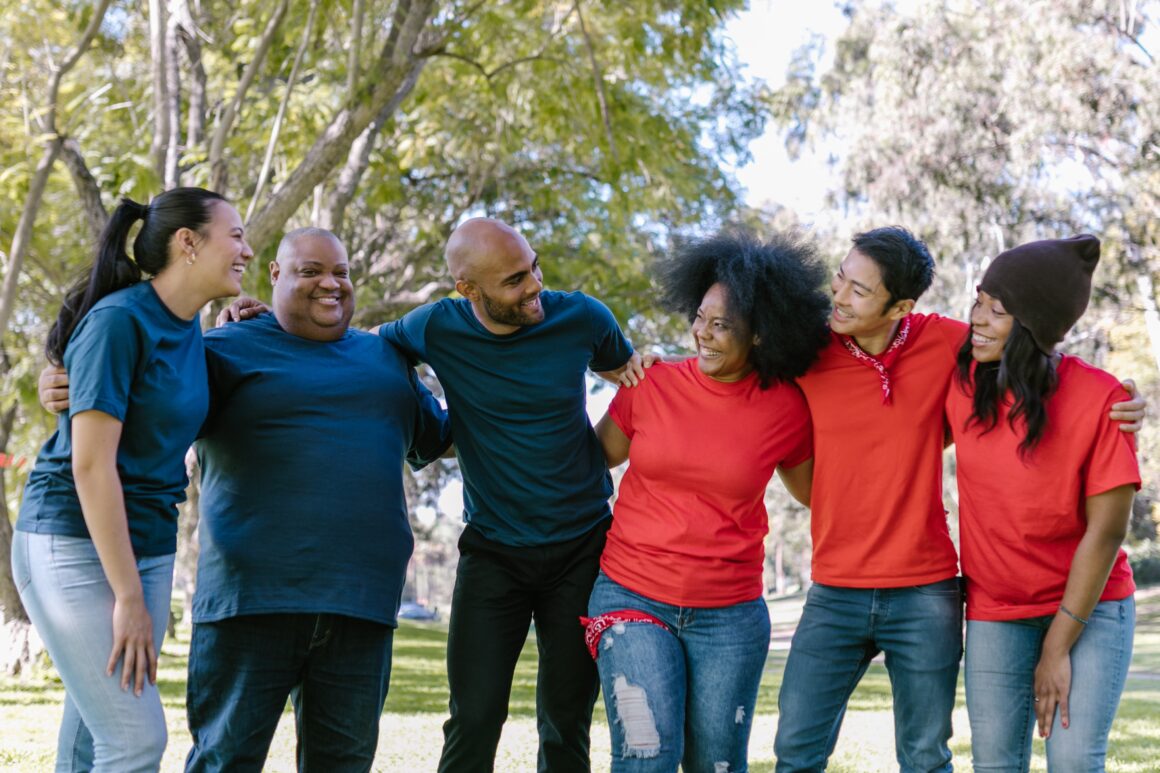
How to Cope With a Loss
Losing someone is never easy. It can be challenging when it’s a family member or loved one that passes away. However, there are certain things you need to do to cope with the loss. First, accept what has happened and try not to deny your feelings about it. Acknowledge them, but don’t dwell on them too much either because this will only make you feel worse after the grieving period. Here are more ways to cope with a loss.
Give Them a Befitting Send-Off
If you face a loss, the best way to cope with it is by giving them a befitting send-off. This could mean anything from having their favorite meal for dinner one last time or keeping some of their clothes as souvenirs or interesting them at Mausoleum Burial Cemetery.
For example, if they were an avid reader but never got around to finishing “A Tale of Two Cities,” hand-write them how it ended before burying or sharing with others what was left unfinished along with this book.
Accept the Situation
You might not be able to change the problem, but you can control how you handle it, and that will play a significant role in helping yourself cope with this loss. For example, if your loved one has passed away, accept your feelings that they are no longer here and nothing more can be done. If someone died from an accident or illness, try to remember all of the good times you had together instead of focusing on what could have been done, so they could still live today.
Have a Robust Support System
This is very important. You need to have at least one person you can lean on during these challenging times who understands what you are going through and is there for you when things get tough. Try not to isolate yourself when feeling broken and lost because it will only make the whole process more difficult.
Having a solid support system will allow you to get through the tough times and pave your way back into everyday life.
Try To Dwell on the Good Memories
Good memories can help you keep your memory alive, which will motivate you to continue moving forward with your life. If there are no good memories of the person, then it is okay because that means they did not impact and were not essential enough for any lasting impression.
You might want to try expressing how grateful you are for having known them, so this could be a way of dwelling on the positive aspects about them or yourself if nothing else comes up immediately.
Reminiscing also allows loved ones to leave some closure when dealing with loss by giving everyone something happy to remember instead of just focusing on what makes people sad when thinking back over their time together. This allows you to remember the good times and cherish these memories, which can help you cope with a loss.
Allow Yourself To Grieve
There is no timetable when it comes to grieving. You will take your own time and you’ll heal in time at your own pace. It might be weeks, months, or even years before you feel like yourself again. You must allow yourself this time and remember that it’s okay not to bounce back straight away – everyone needs a little bit of time on their own.
Conclusion
In conclusion, coping with the loss of a loved one is a challenging process. However, with the help of robust support systems and coping mechanisms, you will be able to get through this tough time in your life.





